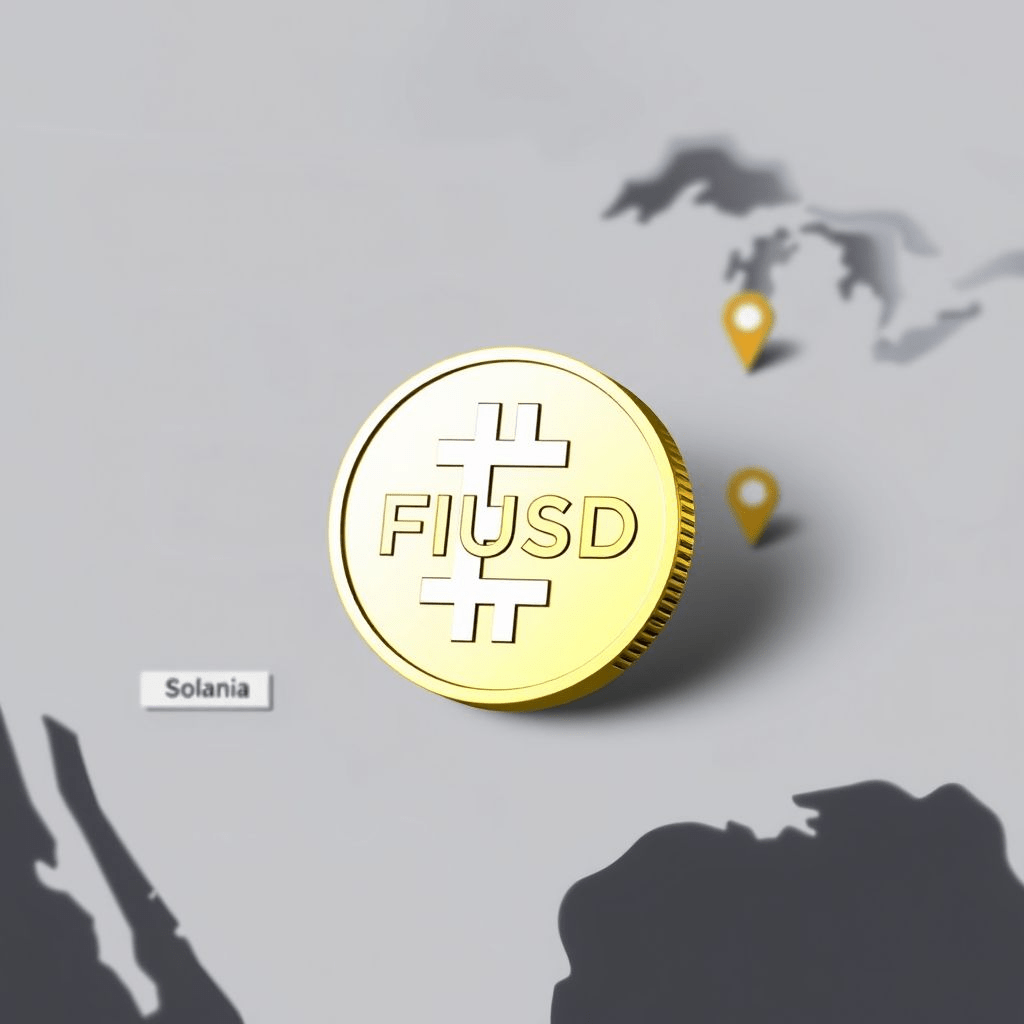Introduction
Fintech leader Fiserv has introduced a new FIUSD stablecoin, along with a supporting blockchain platform built on Solana. The goal is to bring stablecoins to 3,000 regional and community banks fnlondon.comwsj.com.
Why This Matters
FIUSD stablecoin democratizes crypto payments for smaller financial institutions previously sidelined from digital asset innovation, enhancing transaction speed and cost-efficiency.
How It Works
Integrated into Fiserv’s network of over 10,000 banks and merchant platforms, the system supports stablecoin issuance, settlement, fraud protection, and liquidity, with reserve-managed custody. Solana ensures low transaction fees and high throughput.
Partnerships and Expansion
Fiserv partners with Circle, Paxos, and Solana to support USDC interoperability, hinting at future integration with PayPal and card networks. This positions FIUSD as a bridge between community banks and broader crypto ecosystems.
Expert Commentary
Executives emphasized that FIUSD stablecoin opens digital finance to underserved banks, negating deposit loss fears while tapping yield from blockchain reserves.
Regulatory Outlook
Concurrent U.S. and EU stablecoin legislation provides clarity. FIUSD’s compliance-first infrastructure anticipates regulatory adoption—making it ready for global scaling.
Timeline & Rollout
FIUSD and its supporting platform are set for launch in late 2025, giving smaller banks immediate access to tokenized USD payments and settlement.
Conclusion & Call to Action
With its FIUSD stablecoin, Fiserv positions stablecoins as mainstream financial tools. Regional banks and fintechs should evaluate the platform for integration and competitive advantage.







